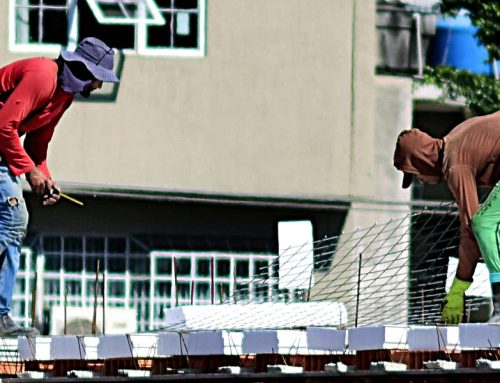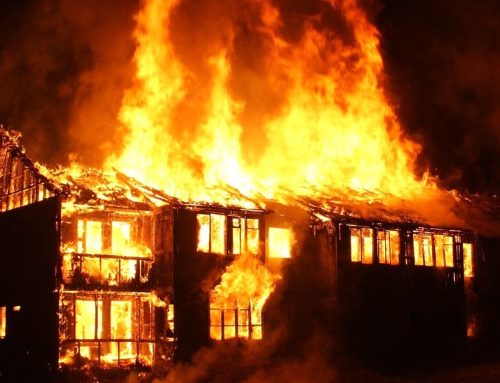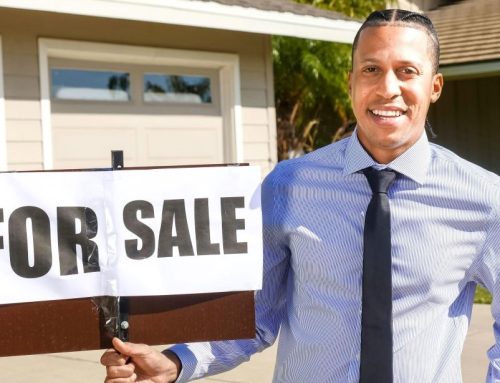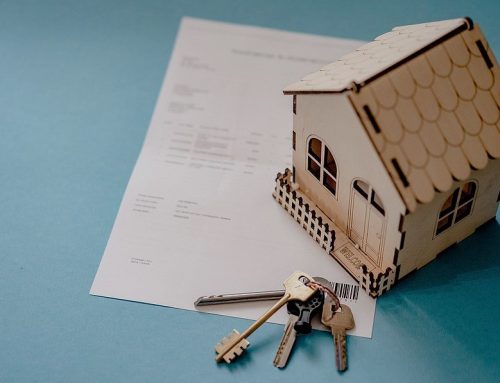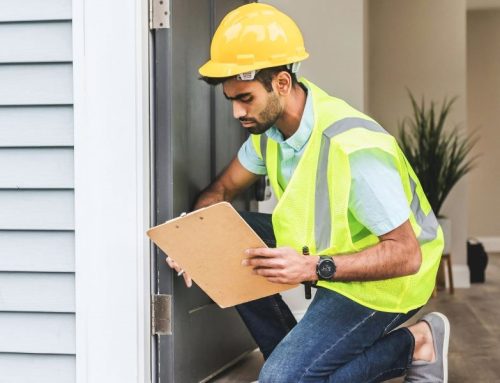You’re selling your house and want the world, or at least the neighborhood, to know about it. Your Realtor offers to hold an open house, complete with signs, marketing, invites and maybe even balloons.
Good idea?
Could be.
Open houses certainly let the neighbors know you’re selling, and if there happens to be a friend of theirs who knows and likes the area, that could help. Most people don’t sell their homes directly to someone who visited their open house, but marketing helps, and this is an inexpensive way to do it.
It’s also an easier process than individual or private showings, which require more time and work. A public showing allows more people to picture themselves living there. In sellers’ markets, it can also start a bidding war that creates more urgency to buy.
You do have to make sure the home is in pristine condition, though. And you have to make sure your valuables are protected.
What To Expect During an Open House
You’re inviting the local community to visit a property, generally within a four-six-hour window. Some visitors will come with their own Realtor, others will just drop in having seen the signs on the street. And some of the neighbors will drop by, many just out of curiosity. Those are the lookie-loos.
Some visitors may poke through your cabinets and closed doors. You don’t know who might walk in. In addition to prospective buyers, it can also invite unsavory people to your home. So, you have to devise ways to protect your home and valuables.
Remove Temptations
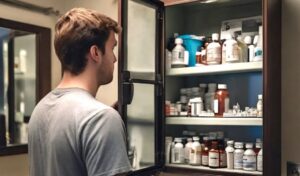
First, you should remove valuables from your home. Do not leave them lying around or out in the open, which can invite thieves to make off with your belongings. But even out-of-sight items need to be protected. During the public showing, it can be hard to watch everyone.
Items to consider safeguarding include (but are not limited to):
- Antiques and heirlooms
- Expensive art
- Computers, particularly laptops
- Medications (some lowlifes come to open houses just to steal medications)
- Jewelry and expensive accessories, like sunglasses and watches
- Important papers, including opportunities for identify theft, like Social Security or health care documents
- Remote controls, garage door openers, and small electronic devices
- Cash, wallets, purses – anything that can be liquid
- Alcohol, particularly expensive bottles.
What To Expect from Your Realtor
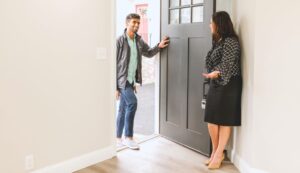
If you are working with a real estate agent, you might want to send them this article. This helps them stick to these practices to reduce the risk of theft and other headaches. While you could overstep the agent’s job, you want to have an open conversation to ensure they address your concerns. A high-quality agent always looks out for the safety of clients.
Agents should take care of putting out street signs to pull in visitors. They also create take-away materials extolling the virtues and features of the house. They also should manage the day, being there to walk prospective buyers through the house showing off its highlights, determining if they are likely or able to bid on it. And it’s their job to follow up with visitors.
Ask the real estate agent to look through your home after it ends to make sure that the hallways, closets, and rooms are empty before locking up. This prevents you from having an intruder in your home.
Invite A Friend
If you host your own open house, use the buddy system with a family member or friend. Someone should be walking though the house with a visitor, not only to protect valuables but also to assess their interests and concerns. Ask the real estate agent to bring an assistant who can help and monitor who is entering your home. They can ask everyone who arrives to record their name in a book.
Protect Your Assets

Give a list of your valuables and possessions to your insurance company. Take pictures or video as well. You will have evidence of what was present during the event. This also helps you realize if something went missing, so you can protect yourself.
If someone requests to enter a room alone, that should alert the realtor they are not to be trusted. After the event ends, your agent should make sure everything is in place. They should also look for clues of a possible theft, such as windows and doors left open. Thieves find places you least expect them to sneak in.
It is important to address these concerns before they happen. These steps safeguard your home as you show it for sale. This is also a good time to get homeowner’s insurance or review your current coverage.

Contact Form



